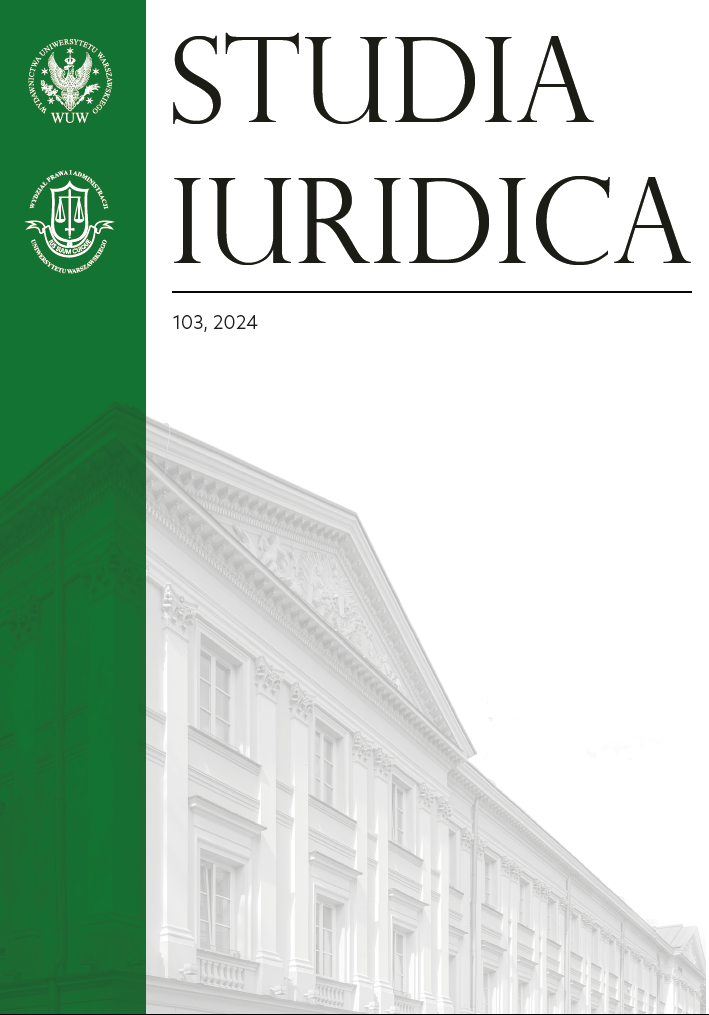ARTIFICIAL INTELLIGENCE AND CASE CATEGORIES IN CIVIL PROCEEDINGS
ARTIFICIAL INTELLIGENCE AND CASE CATEGORIES IN CIVIL PROCEEDINGS
Author(s): Tomasz SzanciłoSubject(s): Civil Law
Published by: Wydawnictwa Uniwersytetu Warszawskiego
Keywords: artificial intelligence; judge; ‘franc’ case; right to a court
Summary/Abstract: Under the Polish Constitution, administration of justice cannot be performed by someone (something) other than a human being. Therefore, the introduction of AI into civil proceedings may not take place in violation of the right to a court. This does not mean, however, that one should not consider possibly allowing AI to adjudicate civil cases and thus replace the judge, but it should rather apply to simple, uncomplicated and repetitive cases. Certainly, AI would not be affected by external factors, except for one – the introduction of appropriate assumptions into the algorithm. It must be remembered that AI is not human, so if it were to act as a judge, it would have to ‘learn to think’, be able to react to non-standard behaviour of witnesses and parties, analyse their behaviour, etc. It is worth considering piloting the introduction of AI at first instance in certain categories of cases, especially those that do not require extensive evidentiary proceedings based on evidence other than documents. Examples of such cases are ‘franking’ cases involving loans linked to a foreign currency. This would provide an opportunity to verify in practice the use of AI in justice for activities other than technical, opinion and adjudication support.
Journal: Studia Iuridica
- Issue Year: 2024
- Issue No: 103
- Page Range: 7-22
- Page Count: 16
- Language: English

